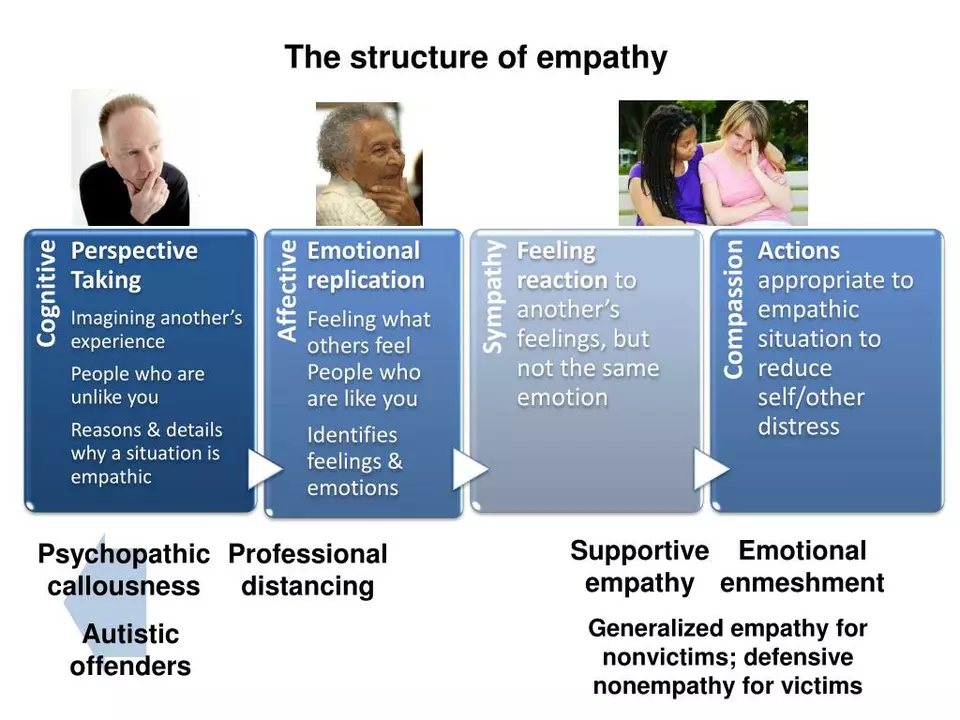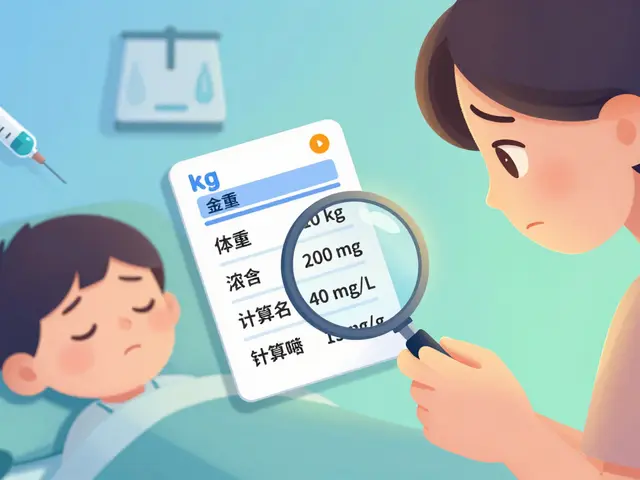Personal Development: Practical Steps to Grow Every Day
Want real progress without fluff? Personal development means improving how you think, work, and relate to others. Small habits add up fast when you pick the right ones and stick with them.
Start with focus. If you struggle to stay on task, try a two-hour focus block each day. Close tabs, silence notifications, and do one meaningful task. People using attention strategies—some even use medications like atomoxetine under medical advice—report clearer focus and steady productivity. If you consider medication, talk with a doctor about benefits and side effects and pair it with habits that support concentration.
Next, measure what matters. Track one or two metrics that reflect your goals: time spent on deep work, steps toward a certification, or weekly relationship check-ins. Numbers keep you honest without adding stress. Review them weekly and adjust a single habit, not ten at once.
Empathy grows purposefully. Admitting your weaknesses helps you connect with others, not weaken you. Practice one listening habit: when someone talks, count to three before replying. That pause reduces reactive answers and opens space for real understanding. Try this in work meetings and at home.
Protecting vulnerable people is part of development too. If you care for an autistic child or support someone who faces bullying, use clear routines and teach simple responses. Role-play short, scripted replies for common scenarios and establish safe adults the child can reach out to. Consistent practice builds confidence far faster than lectures.
Daily Routines That Work
Choose three daily anchors: a morning ritual, a focused work block, and an evening check-in. Morning anchors can be a 10-minute plan or light exercise. The focused block is your most important work. Evening check-ins take five minutes to note wins and next steps. Keep each anchor short so you actually do them.
Simple Habits, Real Results
Use tiny habits: one page of reading, one short walk, one gratitude note. Tiny steps remove excuses and compound into real change. When you hit a bump, ask: which small step did I skip? Fix that first.
Growth is also about boundaries. Say no to one task this week that steals deep work time. Protecting your schedule means protecting your progress. Communicate the boundary politely and stick to it for at least a month to see the effect.
Apply these ideas to career and relationships. If career advancement matters, pair clear skill goals with habits that demonstrate them—regularly share short progress updates and ask for feedback. For relationships, try one empathy practice a day: ask a question and listen fully.
Personal development is simple but not easy. Pick one focus, measure it, protect your time, and practice empathy. Check the linked guides on focus tools, supporting autistic kids, and turning weakness into empathy for deeper, practical steps you can use today.
Start now: pick one tiny habit—five minutes of focused work or one empathy question—and practice it daily. Track progress for two weeks to see how small changes add up and share.
Atomoxetine, a non-stimulant medication widely used for managing Attention Deficit Hyperactivity Disorder (ADHD), has been found to play a significant role in improving workplace performance and advancing careers. By enhancing focus and reducing impulsivity, those using atomoxetine report increased productivity and a clearer path to career success. With an understanding of its benefits and strategic usage, individuals can leverage atomoxetine to navigate the challenges of today's fast-paced work environments.
Bullying can be a persistent issue for children with autism. This article delves into effective strategies to protect and support your child, offering practical tips for parents. Understanding the unique challenges faced by autistic children is key to ensuring their well-being and promoting a safe environment.
In my latest blog post, I explored the fascinating connection between weakness and empathy. I discovered that acknowledging our own weaknesses can actually help us be more empathetic towards others. By recognizing that we all have flaws, we can better understand the struggles and challenges faced by those around us. This in turn allows us to be more compassionate and supportive in our relationships. Ultimately, embracing our weaknesses can lead to stronger, more empathetic connections with others.





